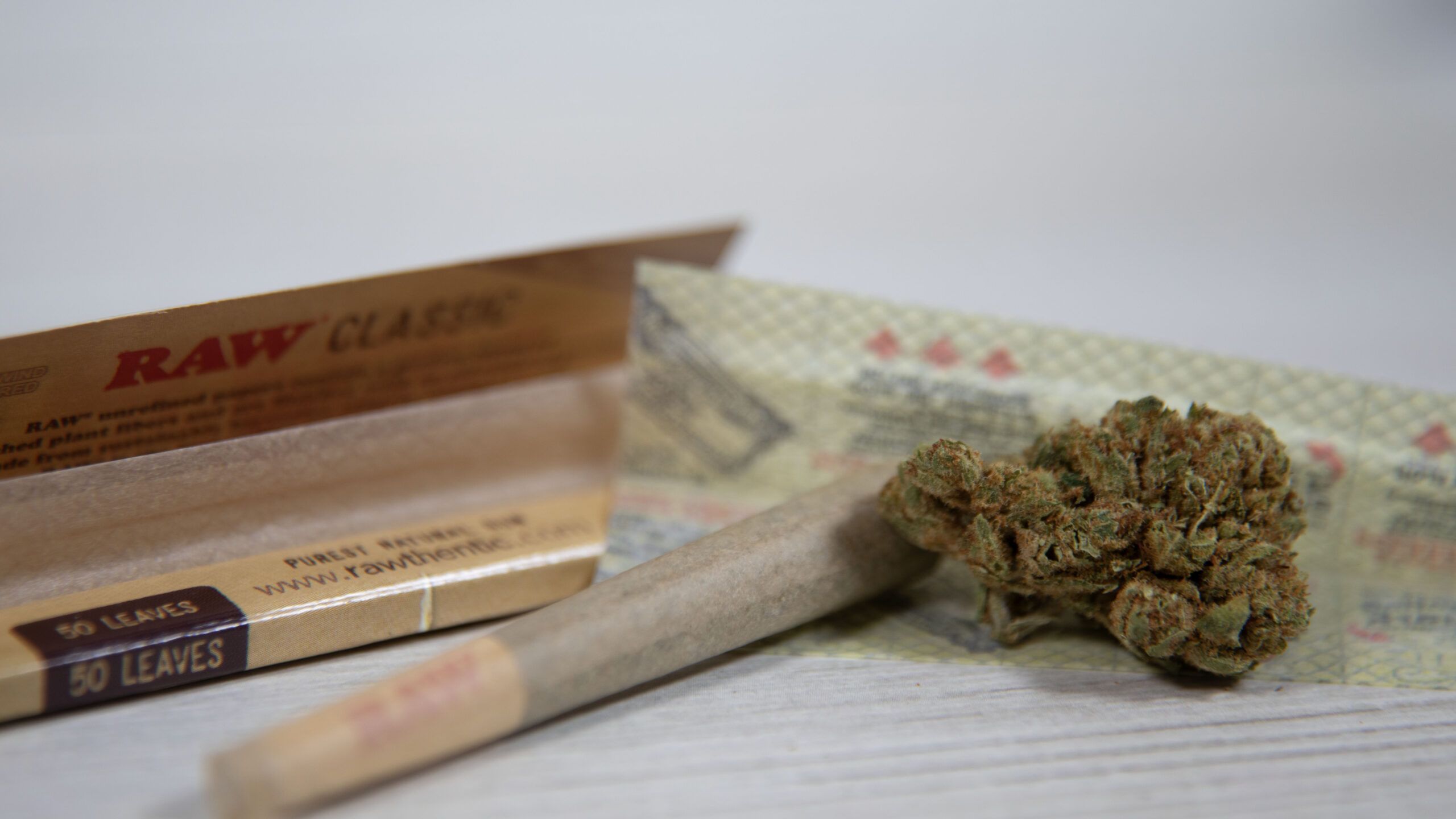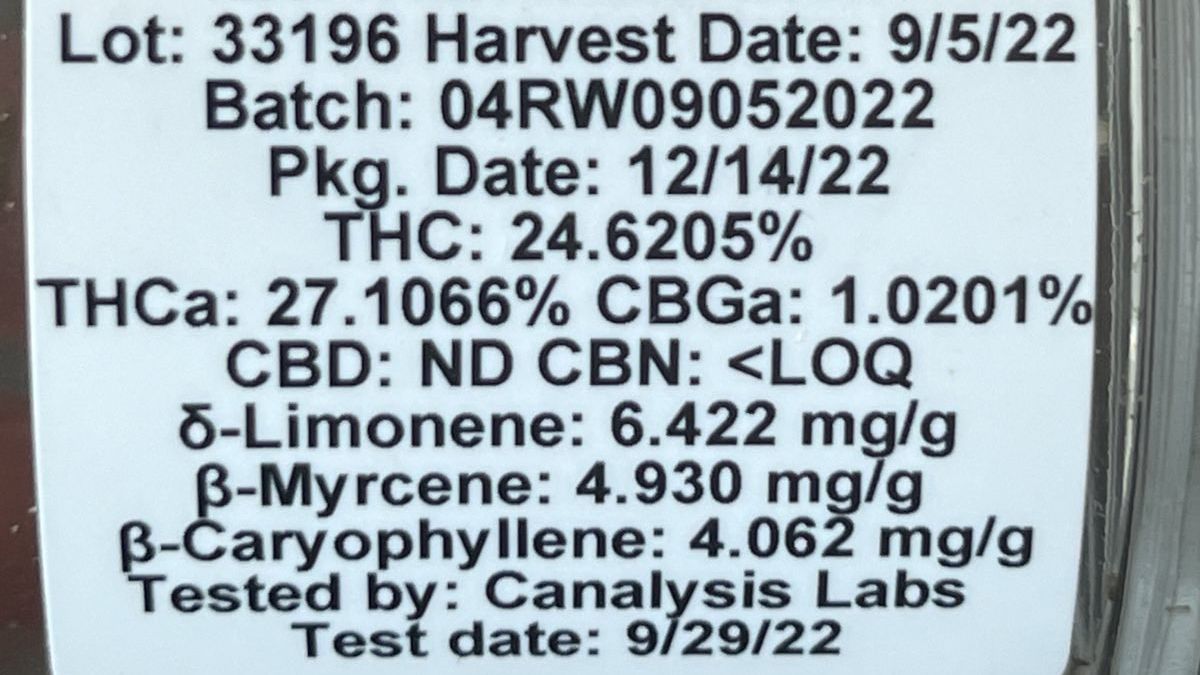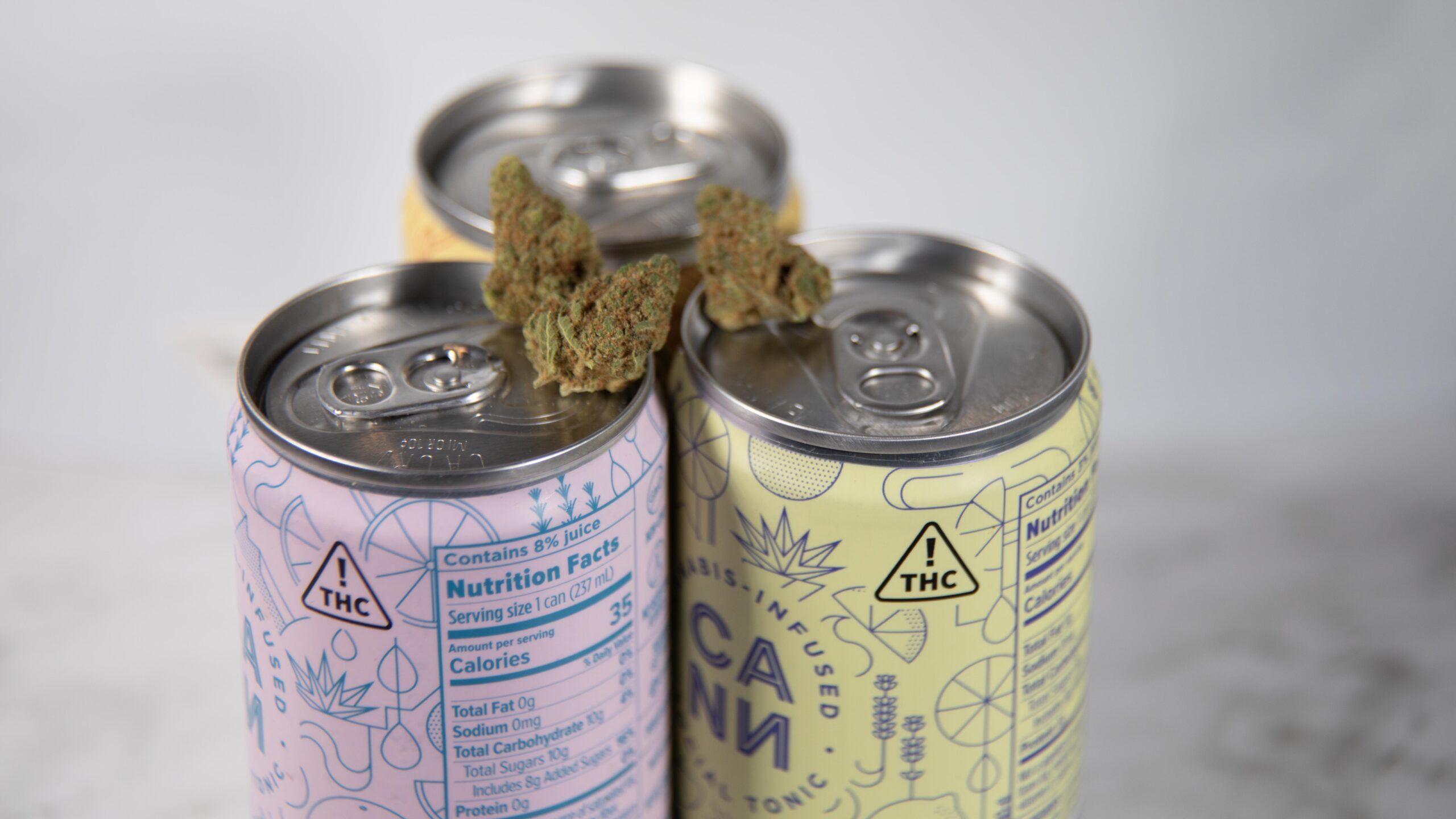Recent Blog Posts
-
Do White Label Products Match Up on Quality?
When shoppers walk into a dispensary, they’re often faced with two types of products: big brand names that have established reputations, and white label offerings…
-
How to Spot a White-Labeled Cannabis Product (and Does It Matter?)
White labeling is a growing part of the cannabis market. It happens when a licensed manufacturer produces cannabis products that are later sold under another…
-
White Label vs. Private Label vs. Big Brands: What’s the Difference in Cannabis?
For anyone shopping in today’s cannabis market, the choices can feel overwhelming. Between white label, private label, and big brand products, it’s not always clear…




